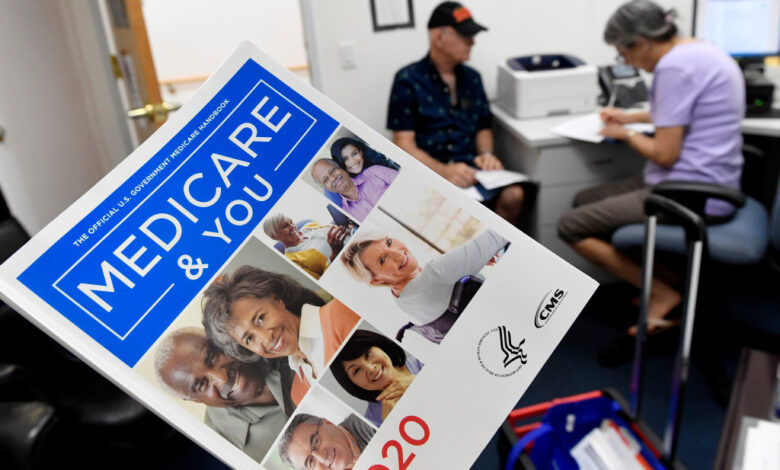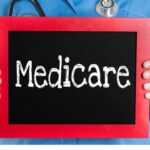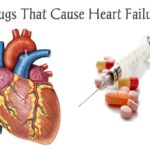List of Drugs Not Covered By Medicare

The Medicare program covers most persons age 65 or older and consists of four related health insurance plans: a hospital insurance plan (called Part A); a supplementary medical insurance plan (Part B); and two privately run plans, Medicare Advantage (Part C) and prescription drug coverage (Part D).
The hospital plan is financed through Social Security payroll taxes. It helps pay the cost of inpatient hospital care, skilled nursing home care, and certain home health services. The plan meets most of the cost of hospital bills for up to 90 days for each episode of illness. An episode of illness is termed a “benefit period” and lasts from admittance to a hospital or nursing facility until the patient has been out of such facilities for 60 consecutive days.
The patient must pay a one-time fee called a deductible for hospital care for the first 60 days in a benefit period and an additional daily fee called a co-payment for hospital care for the following 30 days; Medicare covers the rest of the expenses.
Who is eligible for Medicare?
Generally, Medicare is available for people age 65 or older, younger people with disabilities and people with End Stage Renal Disease (permanent kidney failure requiring dialysis or transplant). You are eligible for premium-free Part A if you are age 65 or older and you or your spouse worked and paid Medicare taxes for at least 10 years. You can get Part A at age 65 without having to pay premiums if:
- You are receiving retirement benefits from Social Security or the Railroad Retirement Board.
- You are eligible to receive Social Security or Railroad benefits but you have not yet filed for them.
- You or your spouse had Medicare-covered government employment.
To find out if you are eligible and your expected premium, go the Medicare.gov eligibility tool.
If you (or your spouse) did not pay Medicare taxes while you worked, and you are age 65 or older and a citizen or permanent resident of the United States, you may be able to buy Part A. If you are under age 65, you can get Part A without having to pay premiums if:
- You have been entitled to Social Security or Railroad Retirement Board disability benefits for 24 months. (Note: If you have Lou Gehrig’s disease, your Medicare benefits begin the first month you get disability benefits.)
- You are a kidney dialysis or kidney transplant patient.
While most people do not have to pay a premium for Part A, everyone must pay for Part B if they want it. This monthly premium is deducted from your Social Security, Railroad Retirement, or Civil Service Retirement check. If you do not get any of these payments, Medicare sends you a bill for your Part B premium every 3 months.
Are there certain drugs that Medicare drug coverage doesn’t pay for?
Yes. By law, Medicare drug coverage (Part D) can’t pay for drugs that Part A or Part B covers. These drugs also can’t be included in basic Part D coverage:
- Drugs used for weight loss or gain
- Drugs used for treatment of sexual or erectile dysfunction, unless these drugs are used to treat a condition other than sexual or erectile dysfunction, for which the drugs have been approved by the FDA
- Drugs used for symptomatic relief of cough and colds
- Non-prescription drugs
- Drugs used for cosmetic purposes or hair growth
- Drugs used to promote fertility
- Prescription vitamins and minerals, except prenatal vitamins and fluoride
Some plans may choose to cover these drugs as part of the plan’s supplemental benefits. However, any amount spent for these drugs isn’t counted toward the person’s out-of-pocket limit.
You May Find Useful Information On: List Of Drugs Covered By Medicare Part B (Medical Insurance)





